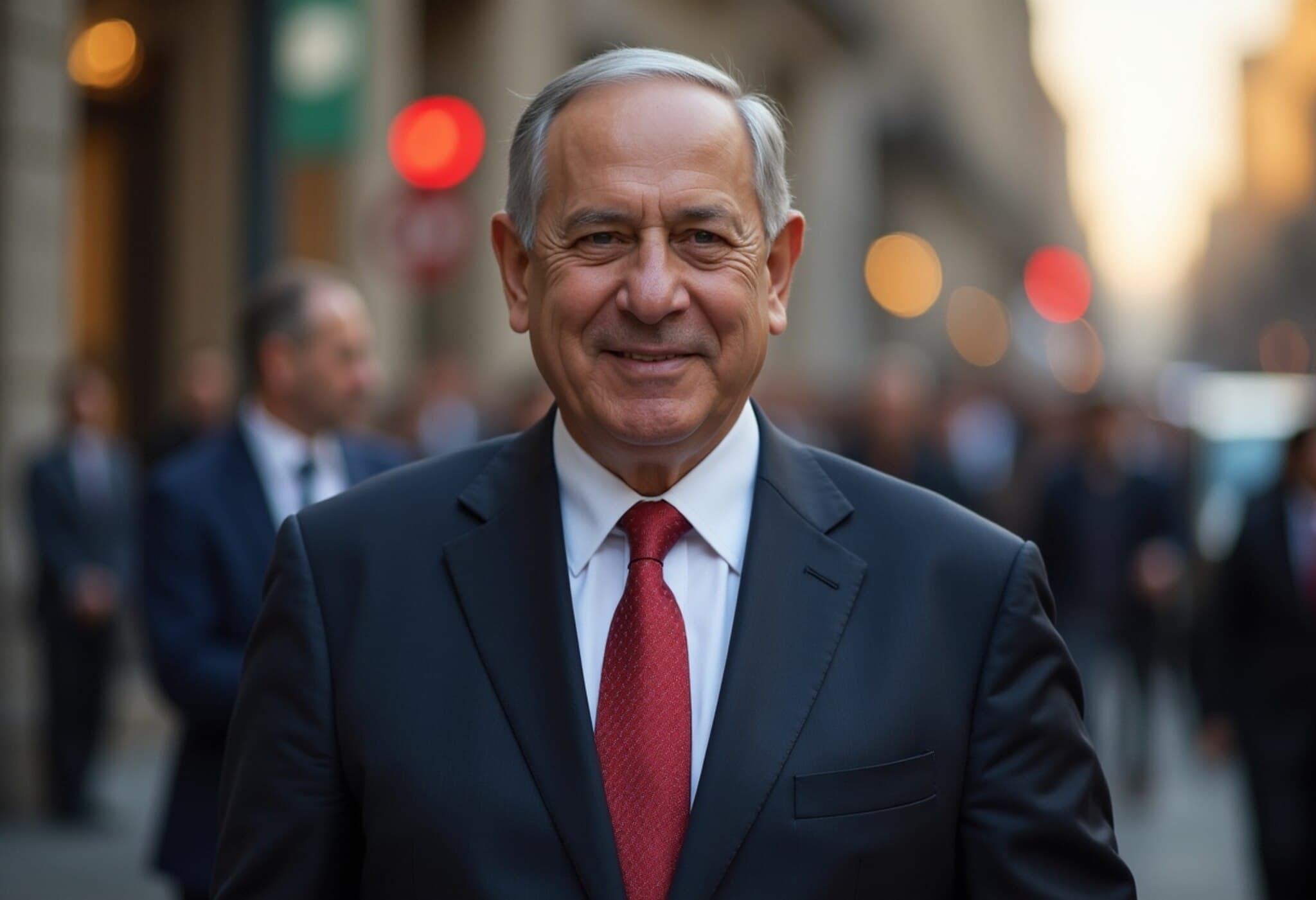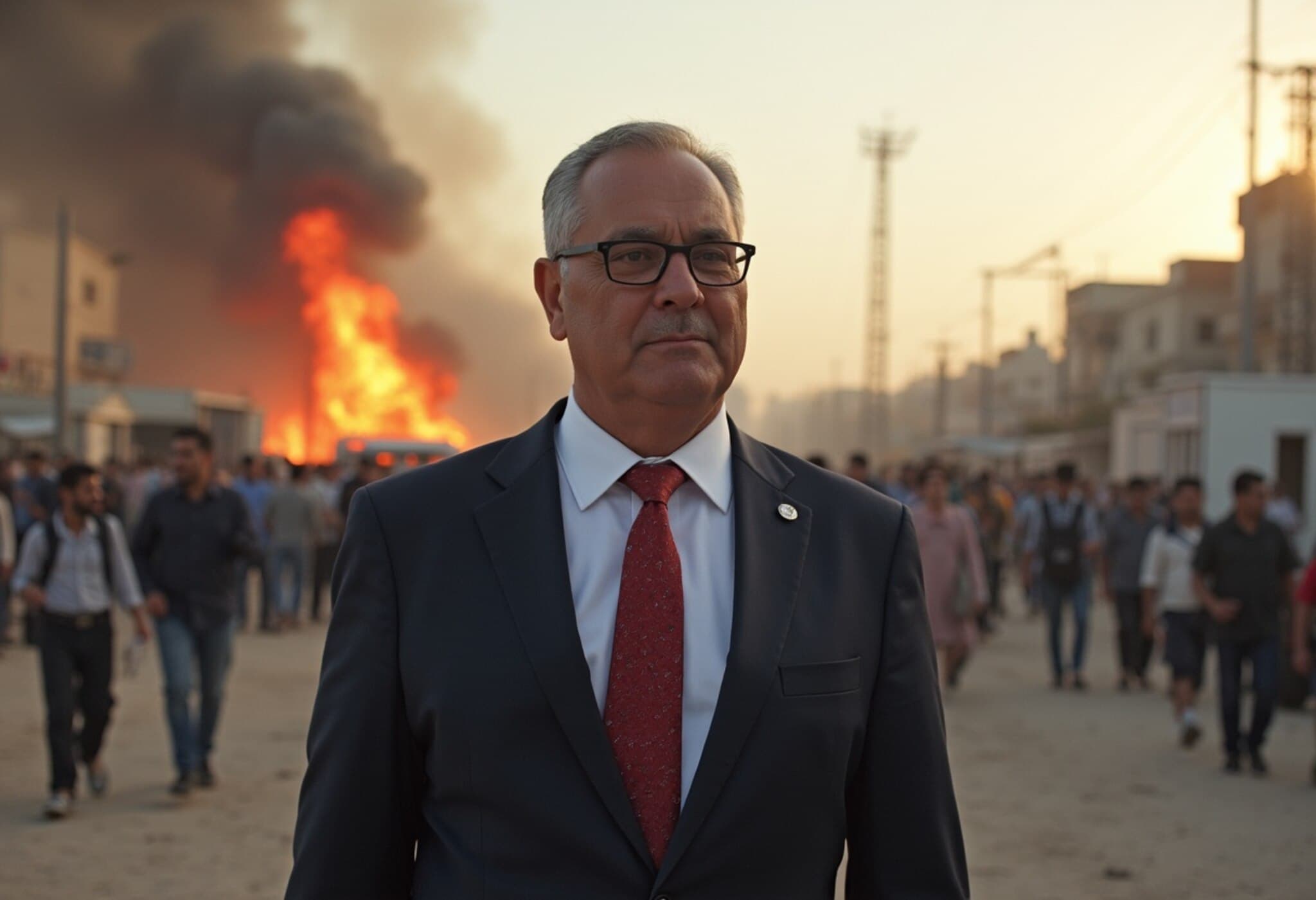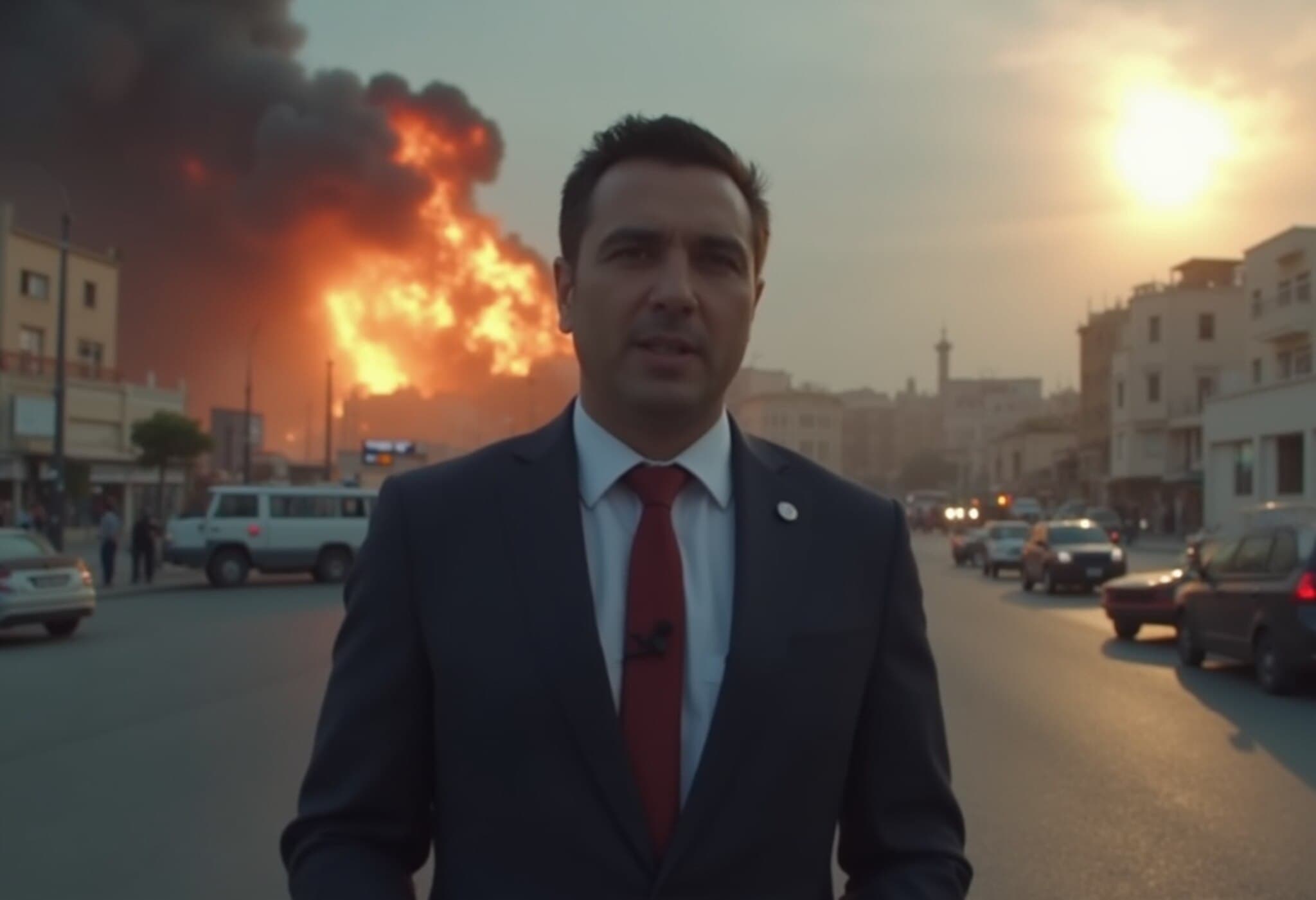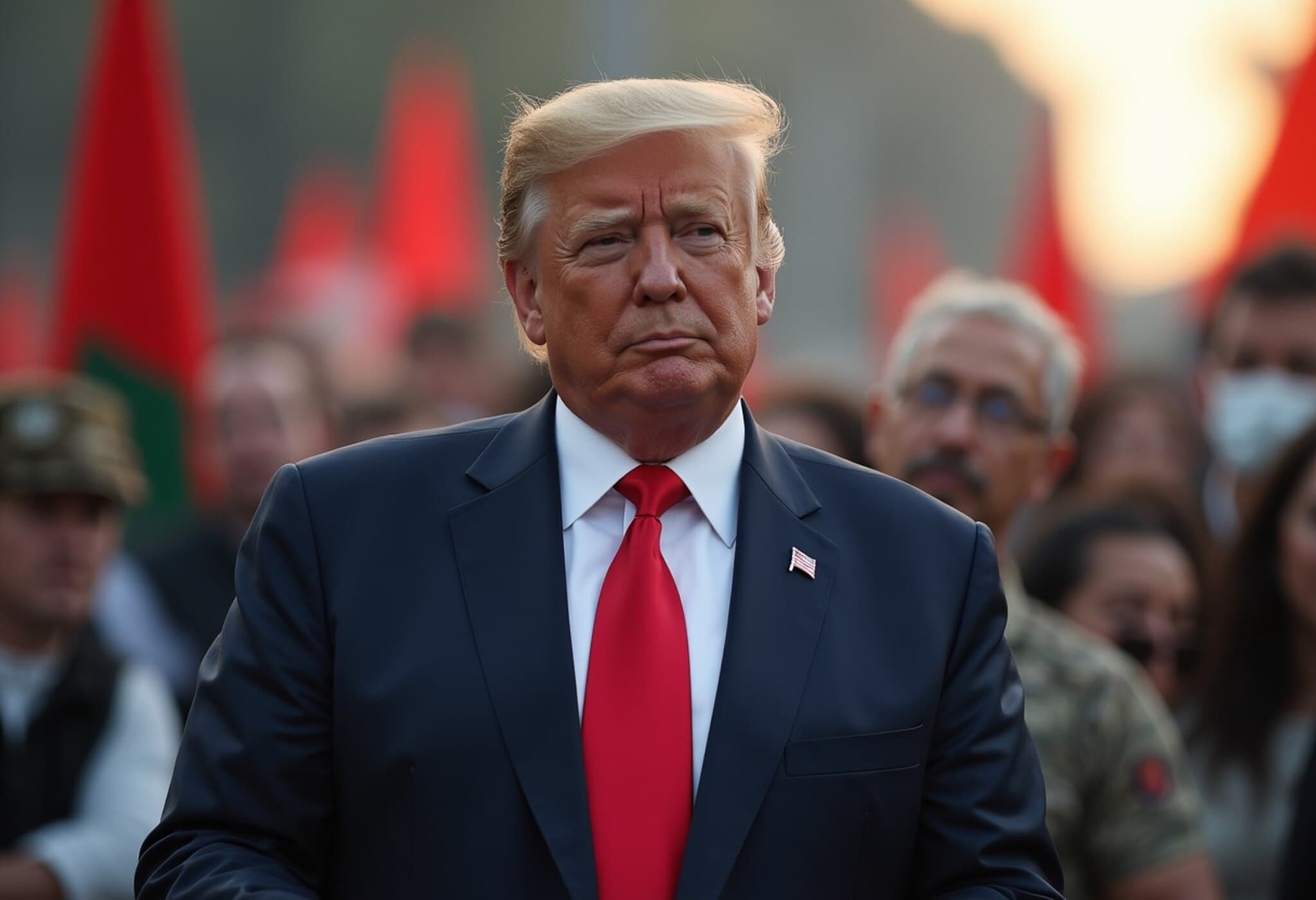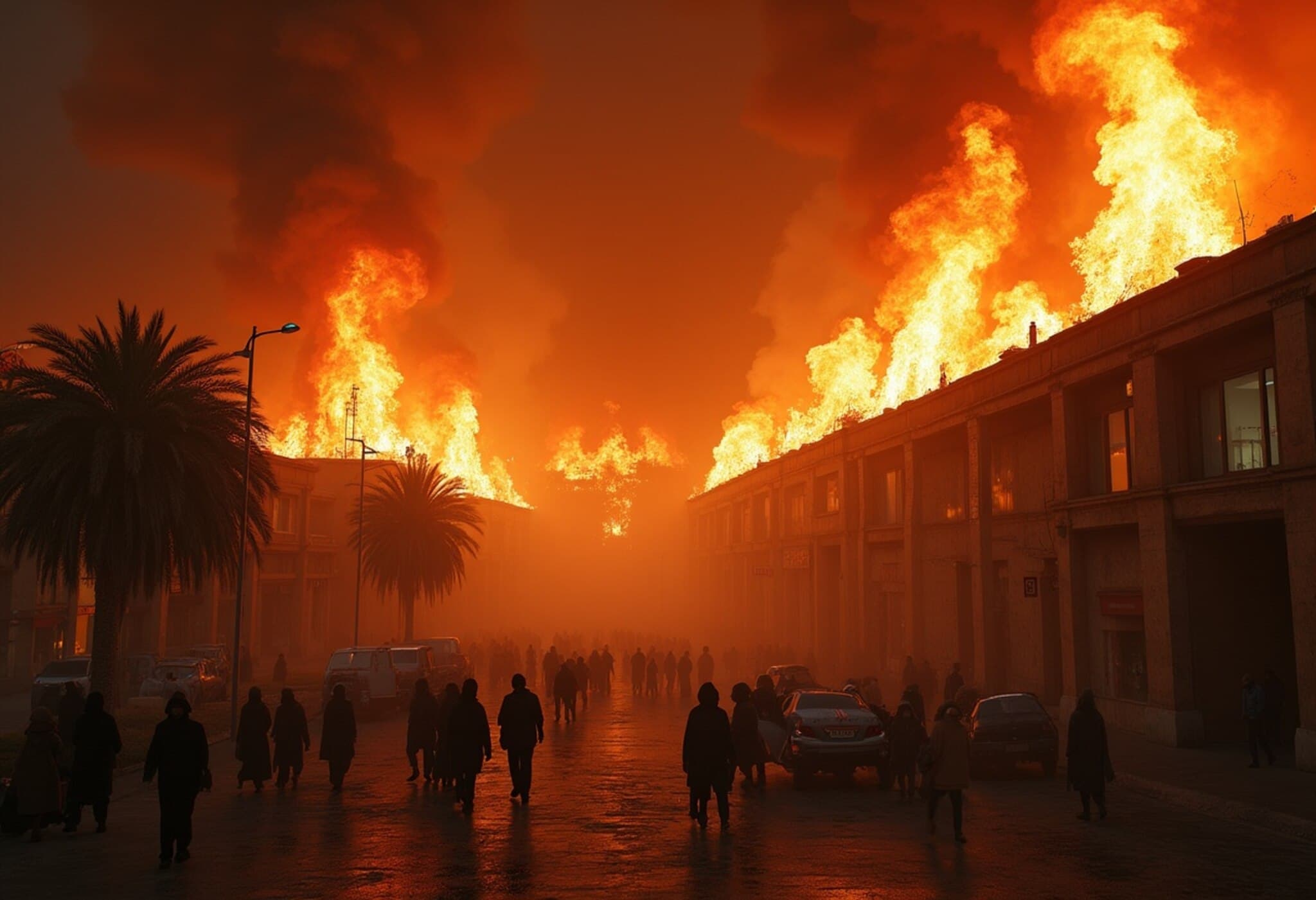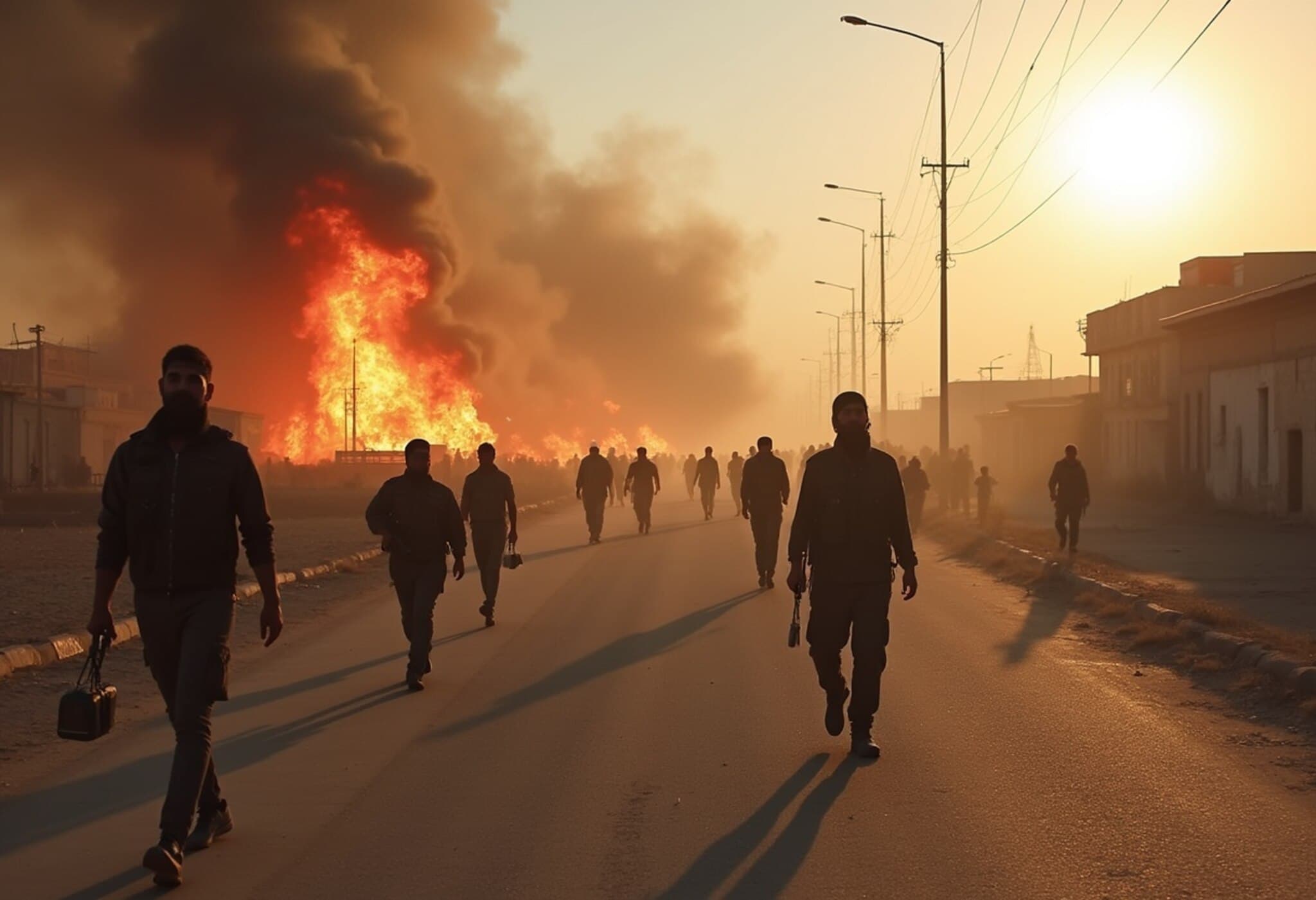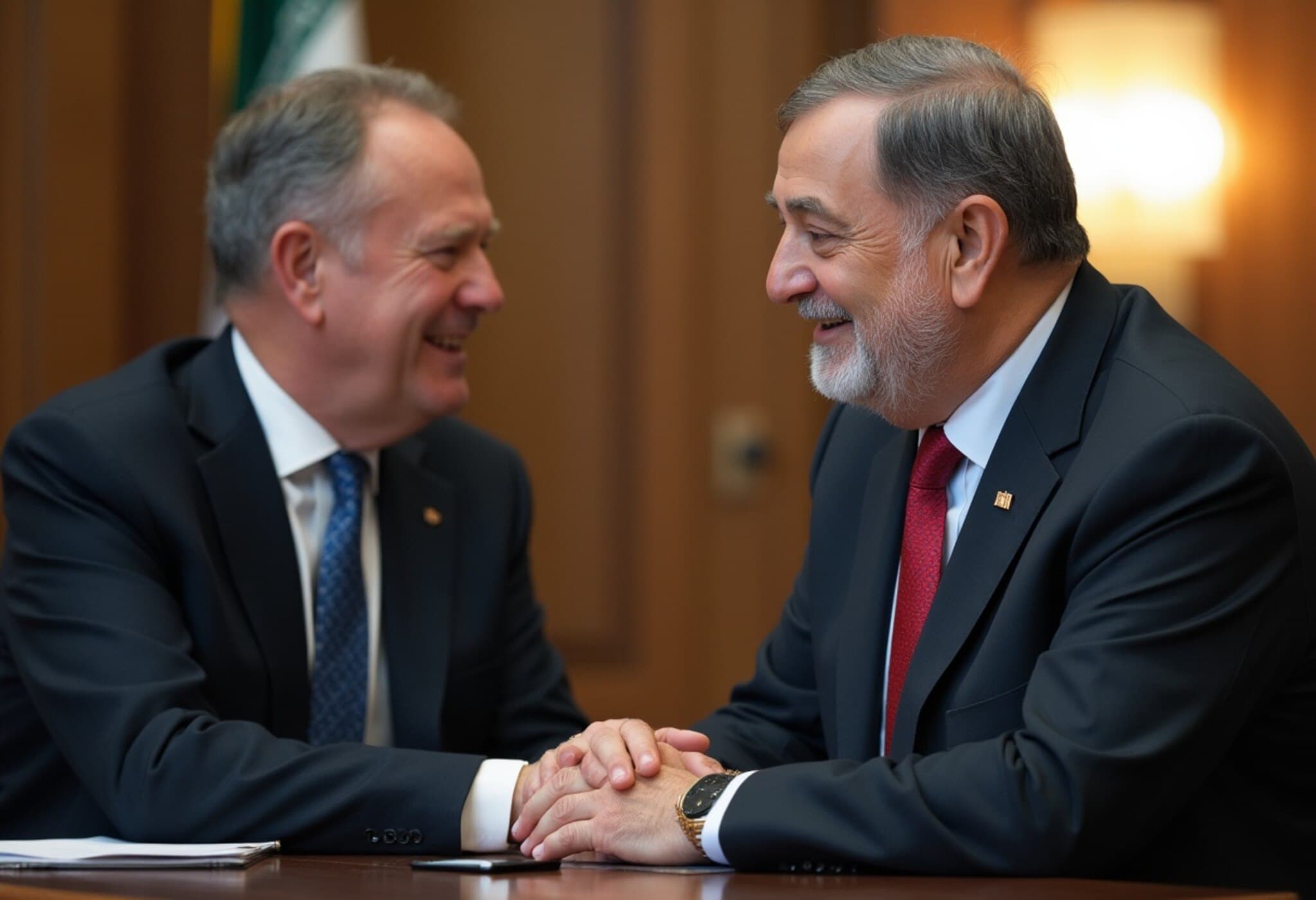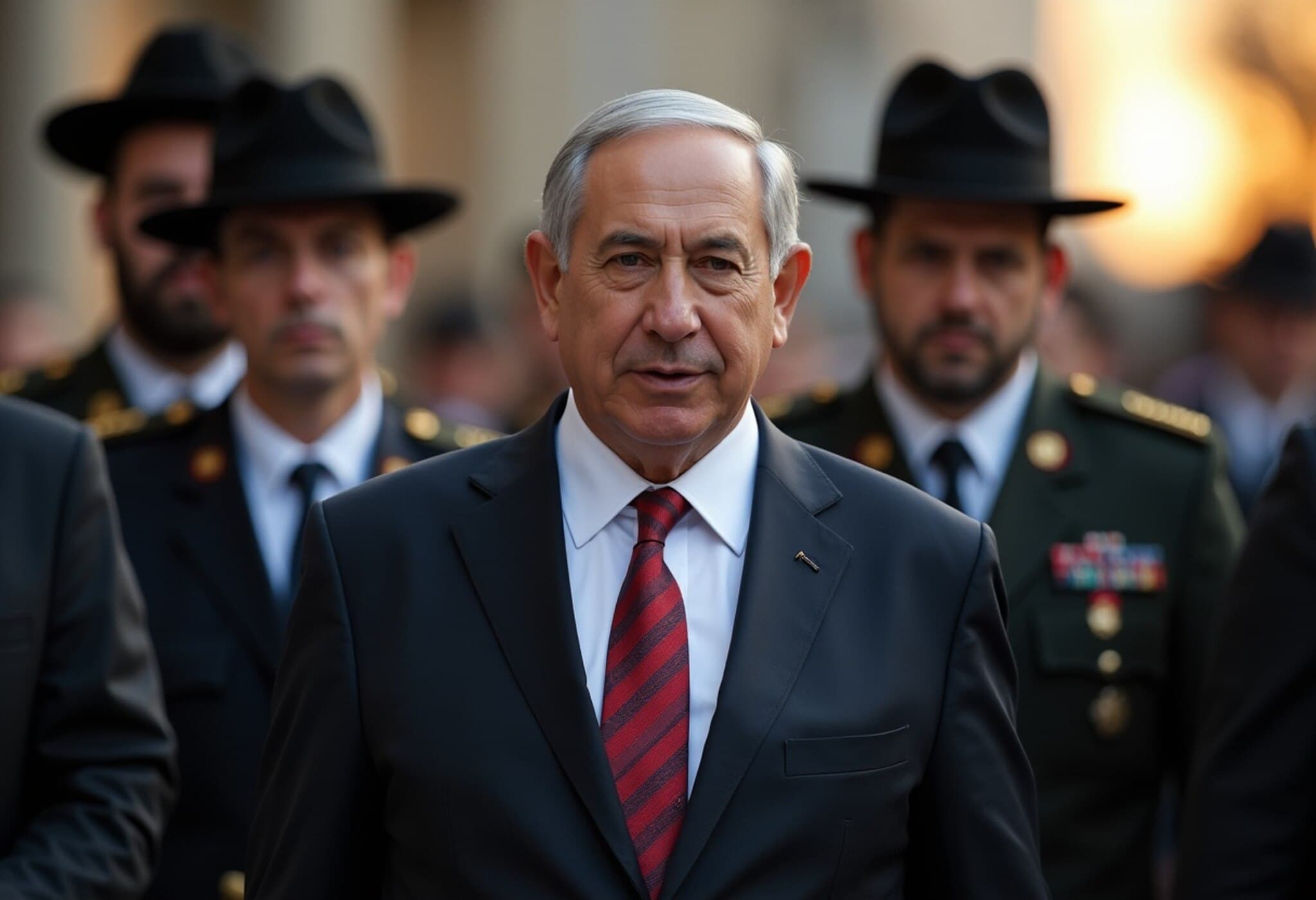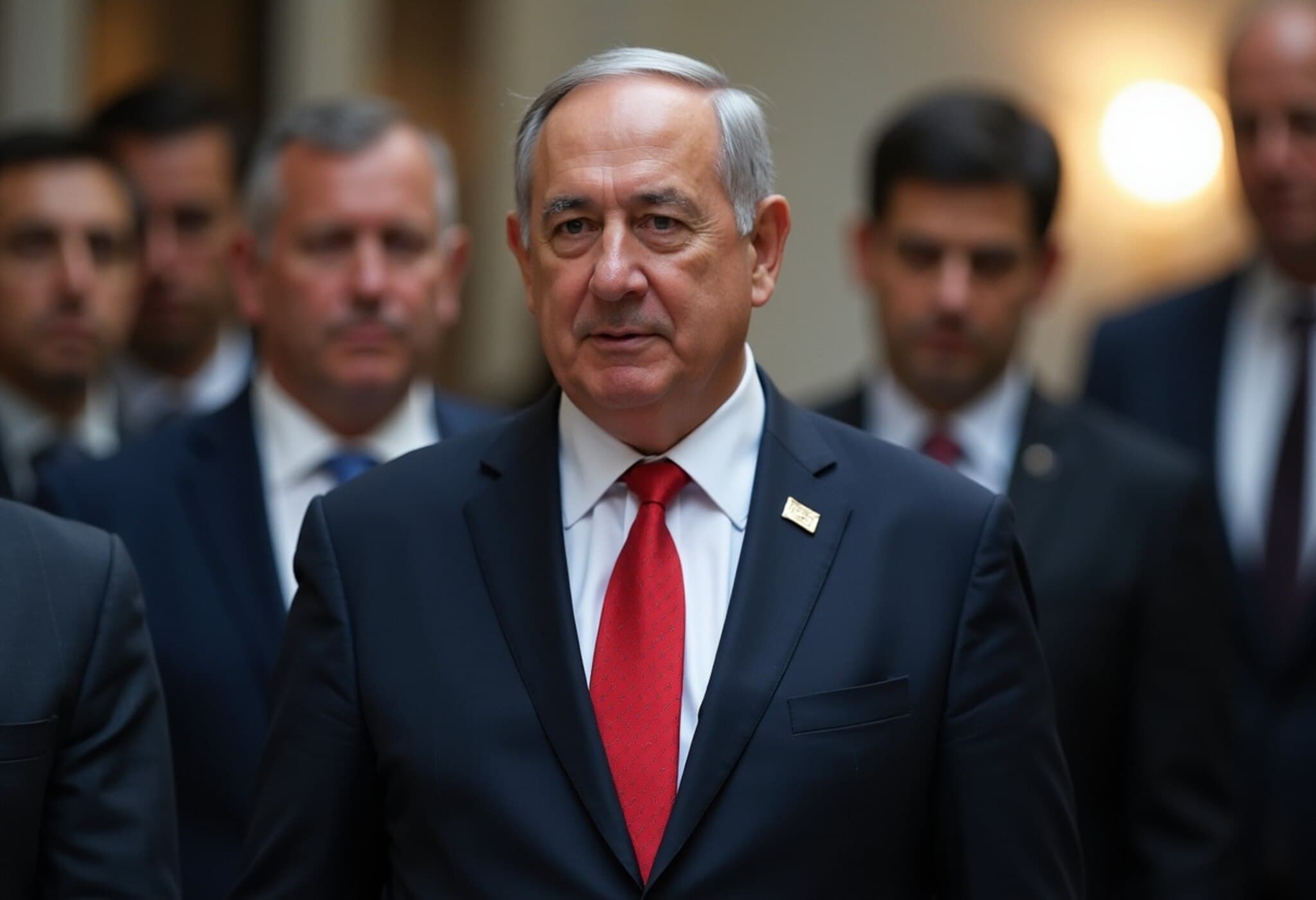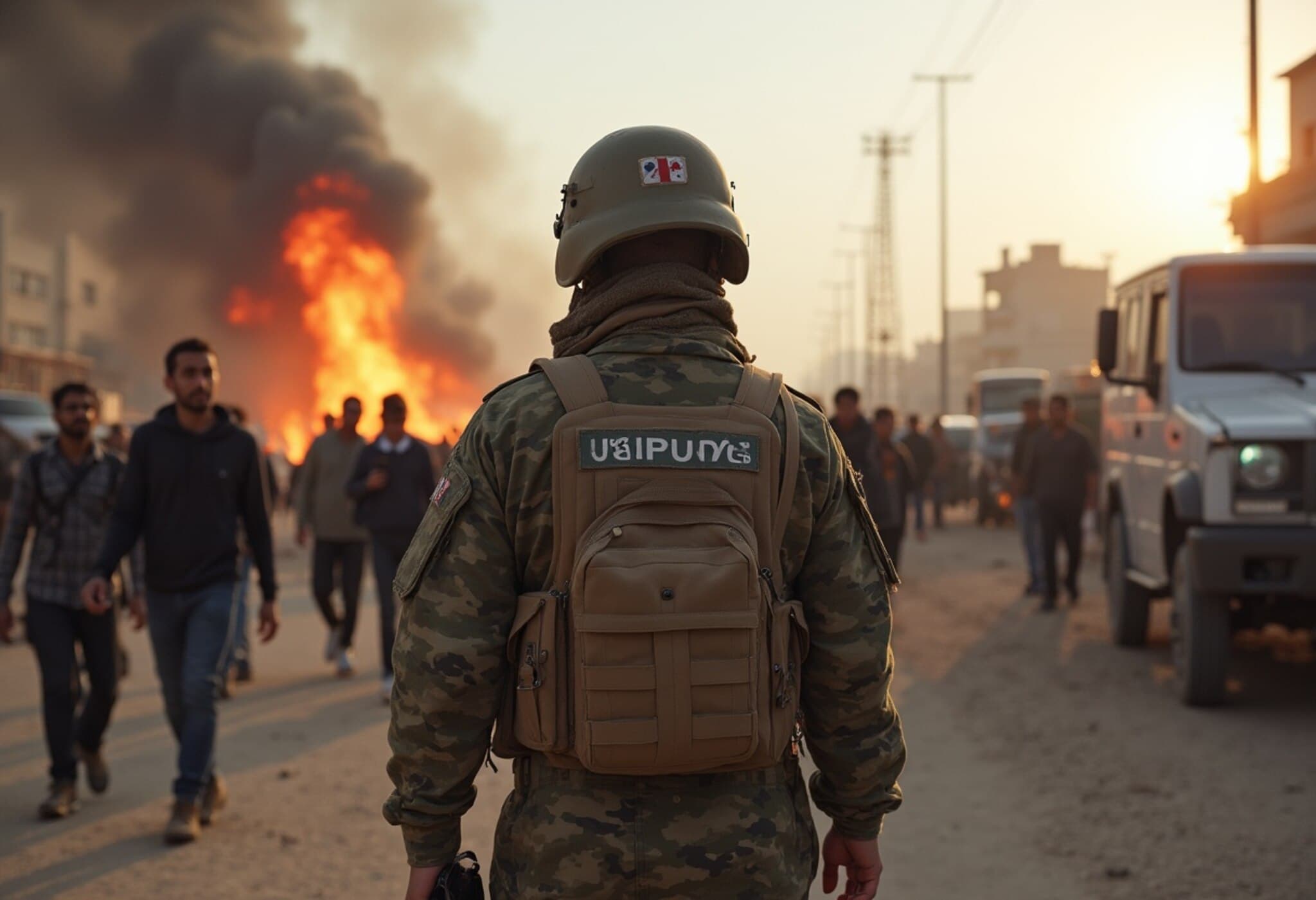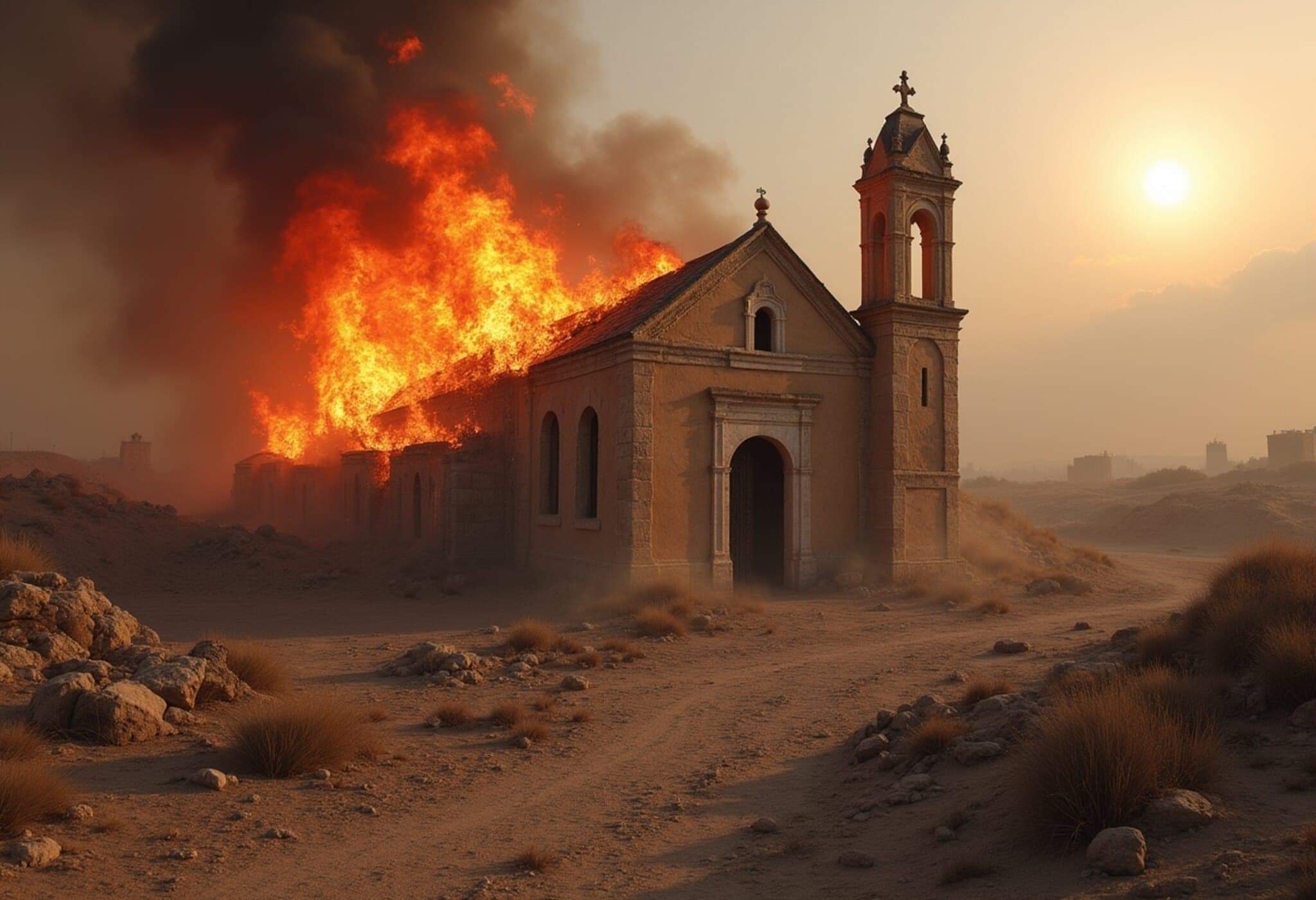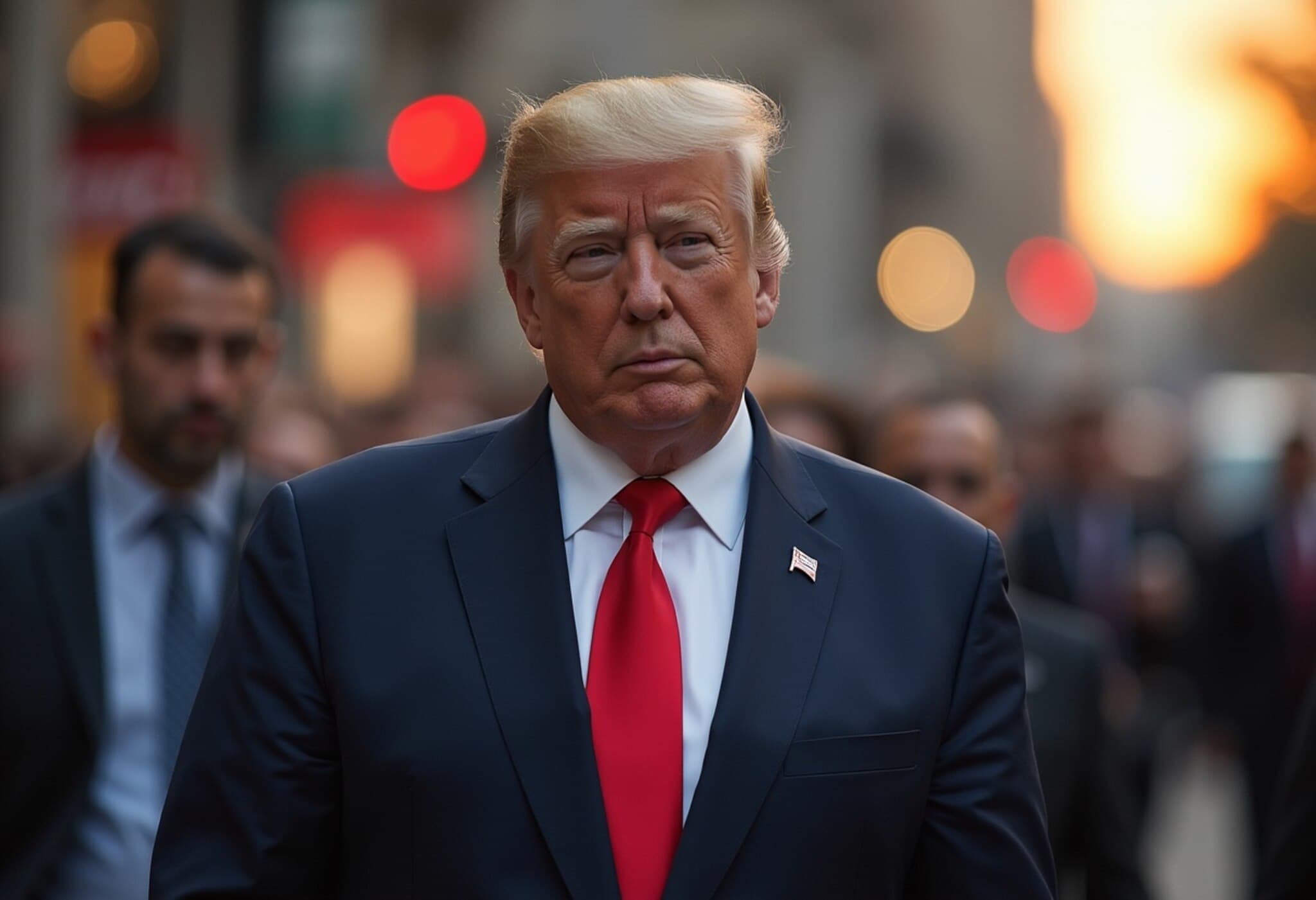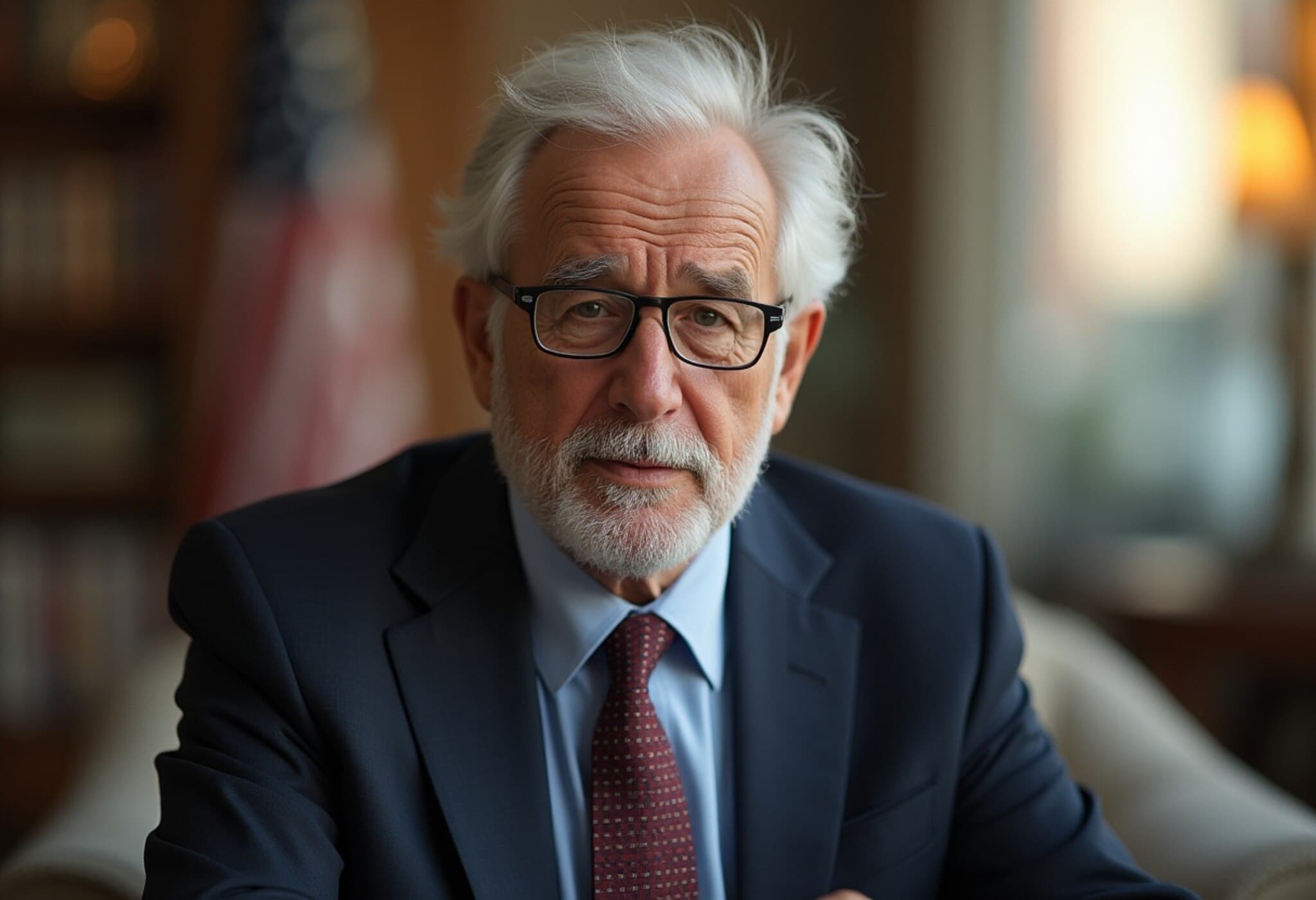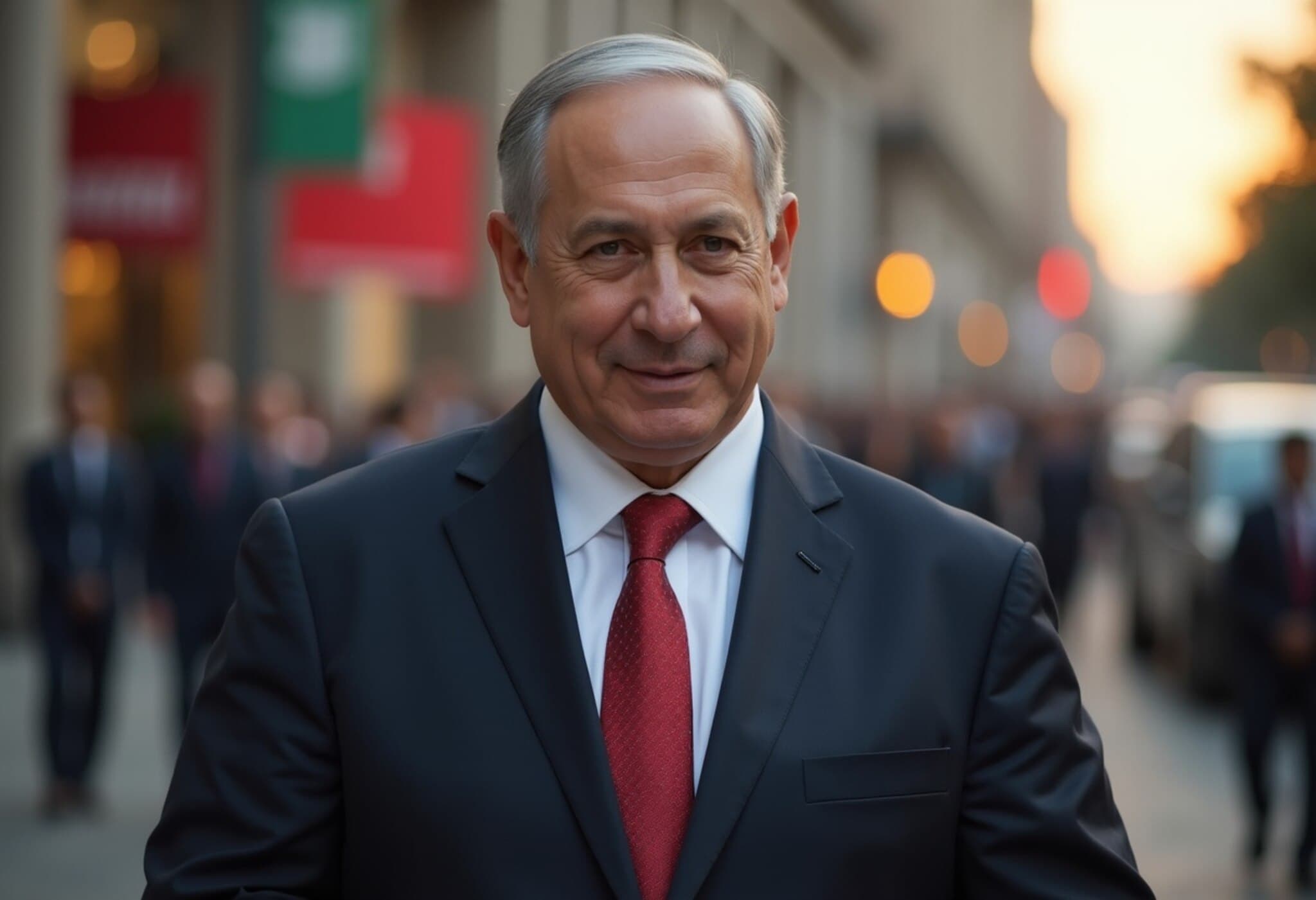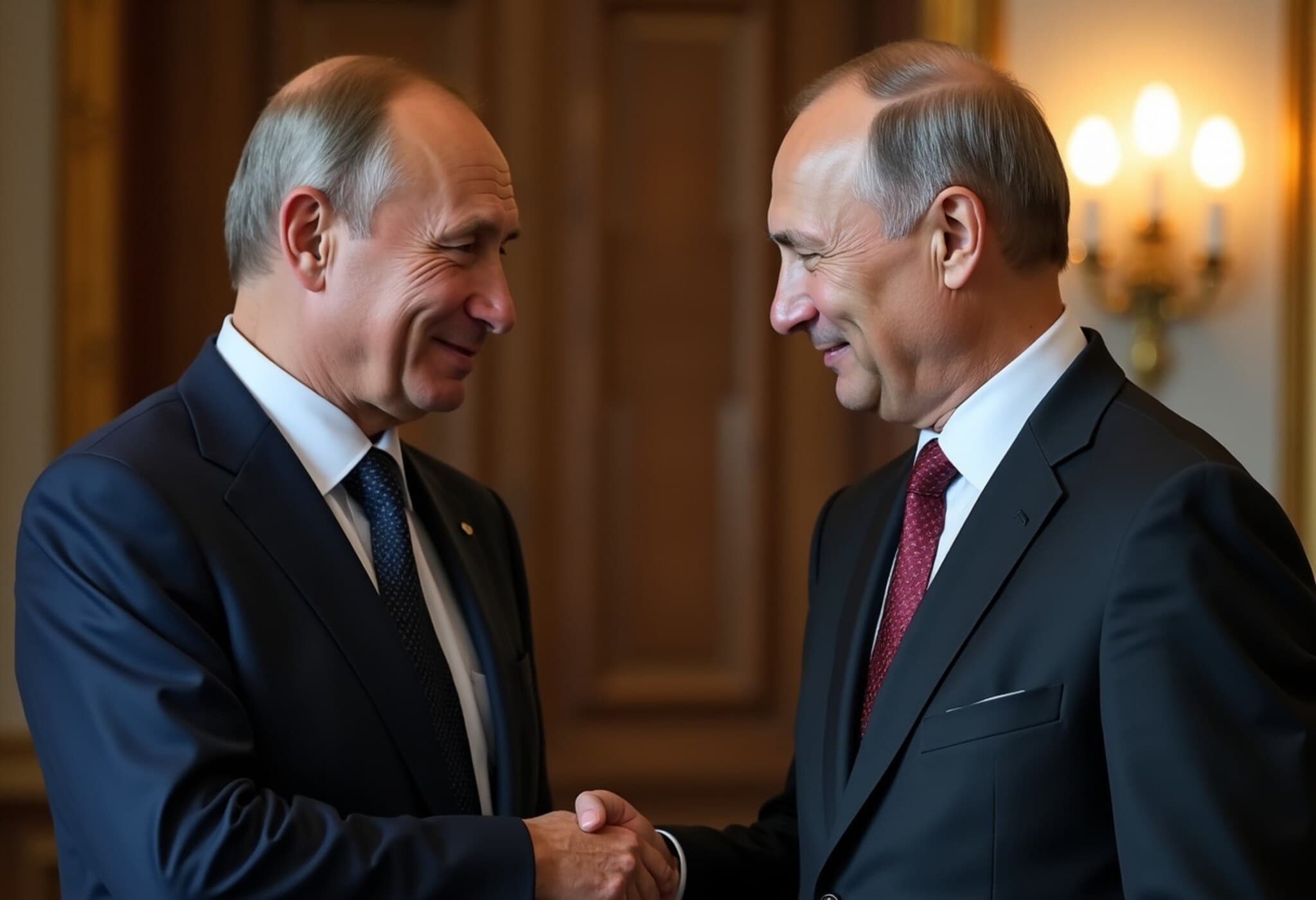Growing Frustrations in Washington Over Netanyahu’s Military Strategy in Syria
Senior U.S. officials have voiced increasing alarm over Israeli Prime Minister Benjamin Netanyahu’s recent military actions in Syria, describing his approach as unpredictable and excessively aggressive. According to a Axios report citing six unnamed U.S. officials, the Trump administration’s unease has heightened despite a ceasefire brokered by the U.S. that brought a momentary halt to violence earlier this month.
A Troubling Pattern of Military Escalation
One senior White House official candidly remarked, “Bibi acted like a madman. He bombs everything all the time. This could undermine what Trump is trying to do.” The same source highlighted an incident that reportedly prompted a direct call from President Donald Trump to Netanyahu—a shelling of a church in Gaza. The official expressed visible frustration: “The feeling is that every day there is something new. What the f***?”
Another official echoed this sentiment by likening Netanyahu’s behavior to that of an impetuous child, underscoring a growing skepticism and strain within the administration regarding Israel’s actions in the volatile region.
Recent Strikes and Regional Fallout
Israel’s military campaign in Syria escalated notably earlier this week with bombing runs targeting a convoy of Syrian army tanks near Suwayda. The Syrian Observatory for Human Rights reported that the strikes came amidst deadly clashes between Druze militias and Bedouin tribes, resulting in over 700 fatalities by Saturday.
Israel justified its actions by alleging Syrian military movements into a demilitarized zone and claims of Syrian involvement in attacks on the Druze minority, though Damascus has categorically denied these accusations.
Despite assurances given by Israel to US envoy Tom Barrack to pause military operations to allow for diplomatic efforts, Israeli forces conducted additional strikes the following day. These targeted the Syrian military’s headquarters and areas adjacent to the presidential palace, reportedly catching the White House off guard.
Diplomatic Tensions and International Reactions
Secretary of State Marco Rubio soon urged Netanyahu to cease further military strikes, leading to a conditional agreement based on Syrian withdrawal from contested areas. Meanwhile, Turkey and Saudi Arabia also expressed their concerns to U.S. officials about Israel’s escalating operations, adding to the diplomatic pressures.
Behind the scenes, U.S. envoys including Barrack and Steve Witkoff raised the issue directly with President Trump, underscoring fears that Israel’s approach might imperil broader regional stability and the U.S.’s strategic goals.
Political Calculations or Security Imperatives?
Sources within the U.S. administration speculated that Netanyahu’s aggressive posture might be influenced by domestic political pressures, notably from Israel’s Druze community. One official warned, “Bibi’s political agenda is driving his senses. It will turn out to be a big mistake for him long-term.”
Israeli representatives firmly deny that domestic politics play a role in military decisions. A senior Israeli official asserted that the strikes were motivated by a commitment to protecting the Druze community both inside Syria and Israel, highlighting a crucial but often underreported facet of Israel’s regional strategy.
Broader Concerns: Gaza and West Bank Tensions
The criticism does not stop at Syria. Recent incidents in Gaza and the West Bank, especially the killing of Palestinian American Saif Musallet by Israeli settlers, have stirred alarm within the Trump administration. Even Mike Huckabee, a vocal supporter of Israel, labeled the killing as “terrorism” and called for accountability. Additionally, diplomatic strains surfaced over Israeli visa policies affecting American evangelical visitors.
The White House and U.S. officials remain apprehensive that Netanyahu’s current approach could damage Israel’s diplomatic standing in Washington and hinder long-term peace efforts across the region.
What Lies Ahead?
As tensions in Syria linger and political dynamics within Israel continue to evolve, the situation presents a complex challenge for U.S. leadership balancing support for a key ally with broader regional stability. Experts suggest that without a recalibrated strategy emphasizing diplomacy alongside security interests, the current cycle of strikes runs the risk of escalating conflict and undermining peace prospects.
Editor’s Note
Netanyahu’s recent Syria strikes have become a flashpoint not only in the Middle East but within U.S.-Israel relations. This episode highlights the precarious intersection of domestic political pressures, ethnic minority protections, and the delicate calculus of regional diplomacy. Readers are encouraged to consider how U.S. foreign policy can navigate such complexities, where alliance management and conflict prevention must be balanced delicately. Moreover, the growing frustration in Washington raises critical questions about the future of American influence in Middle Eastern peace processes and the costs of military unilateralism.

